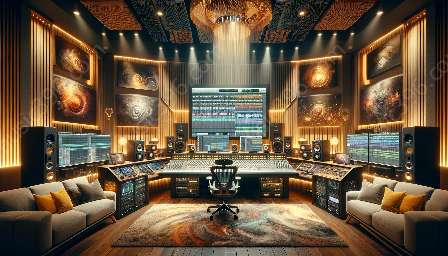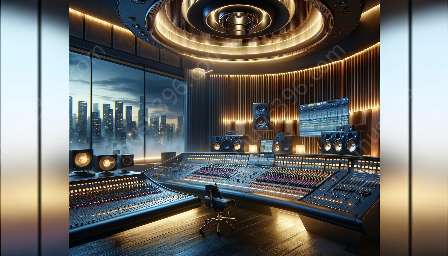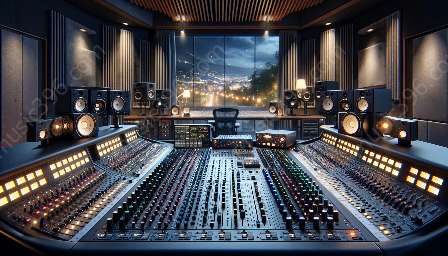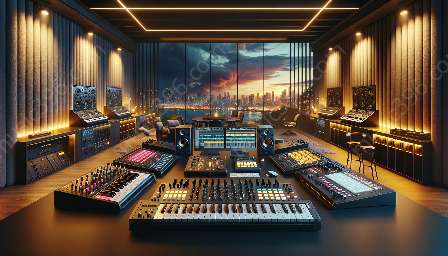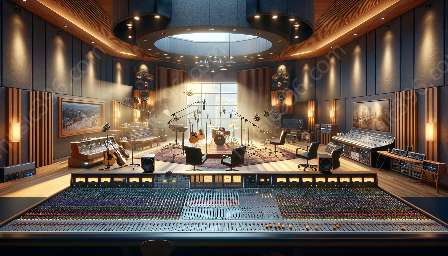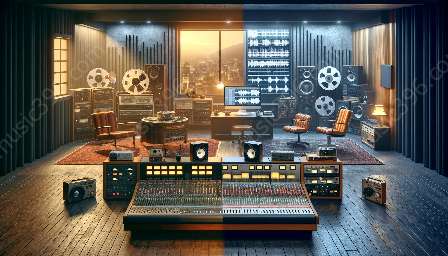Sound manipulation is an essential practice in the world of sound engineering, allowing for the creation of unique and captivating auditory experiences. However, this process raises numerous ethical and legal considerations, especially when comparing analogue and digital sound production. In this article, we will delve into the complex landscape of sound manipulation, exploring its ethical and legal dimensions and examining its compatibility with analogue vs digital sound production.
Analogue vs Digital Sound Production
Before delving into the ethical and legal implications of sound manipulation, it is crucial to understand the fundamental differences between analogue and digital sound production. Analogue sound production involves the use of physical devices and mediums to capture and process sound waves. This traditional method has a rich history and is often associated with warmth and authenticity in sound reproduction. On the other hand, digital sound production relies on the conversion of sound waves into a digital format, allowing for precise manipulation and storage of audio data. While digital sound production offers unprecedented flexibility and convenience, it also introduces new ethical and legal challenges.
Impact on Sound Engineering
Sound manipulation techniques significantly impact the field of sound engineering. Engineers and producers rely on various tools and methods to enhance, alter, and sculpt sound to achieve the desired artistic vision. In the context of analogue vs digital sound production, engineers must consider the ethical implications of their chosen medium and the potential legal implications of their manipulation techniques. For example, the use of digital effects and editing software may raise questions about the authenticity and integrity of the final audio product, as well as the extent of creative freedom afforded to the original sound sources.
Copyright and Fair Use
One of the primary legal considerations in sound manipulation pertains to copyright and fair use. When working with pre-existing sound recordings, composers, producers, and engineers must navigate the complex web of copyright laws to ensure that their manipulations comply with legal standards. Digital sound production allows for the sampling and recontextualization of existing audio materials, raising questions about the fair use of copyrighted content. Additionally, the emergence of digital streaming platforms and online distribution channels has necessitated an in-depth examination of intellectual property rights and licensing agreements in the context of sound manipulation.
Creative Freedom and Responsibility
While sound manipulation technologies offer unprecedented creative possibilities, they also demand a heightened sense of responsibility. Engineers and producers must balance their artistic freedom with ethical considerations, ensuring that their manipulations respect the original intent and integrity of the recorded sounds. This ethical dilemma becomes even more pronounced when considering the potential impact of sound manipulation on cultural and historical artifacts, as well as the representation of marginalized communities and voices within audio production.
Conclusion
In conclusion, the ethical and legal considerations in sound manipulation are complex and multifaceted, especially when approached in the context of analogue vs digital sound production. Sound engineers and producers must navigate the evolving landscape of intellectual property rights, creative freedom, and ethical responsibilities to ensure that their manipulations contribute positively to the world of audio production. By critically examining the impact of sound manipulation on copyright, fair use, and creative freedom, the industry can foster an environment of ethical innovation and respectful artistic expression.


